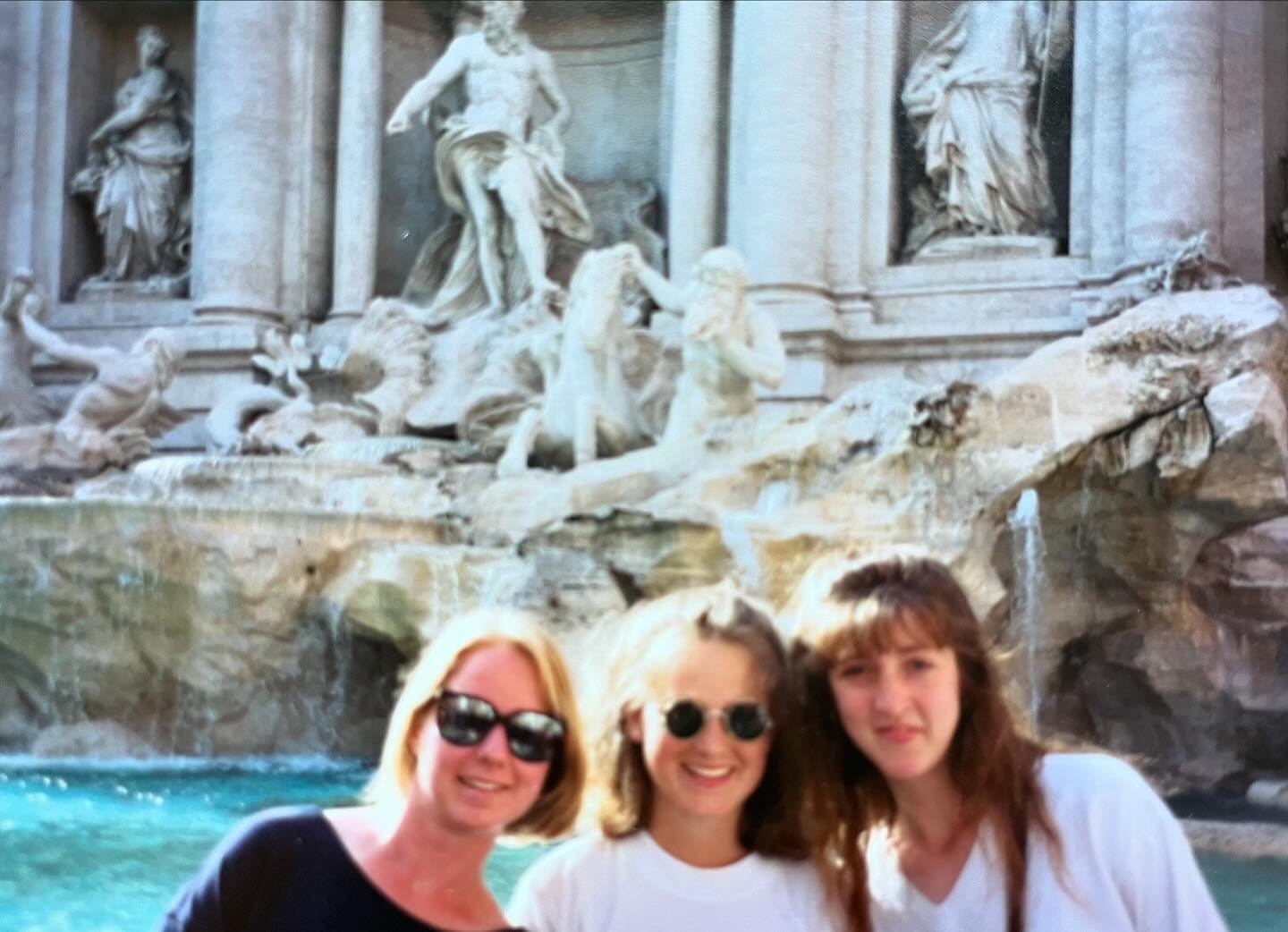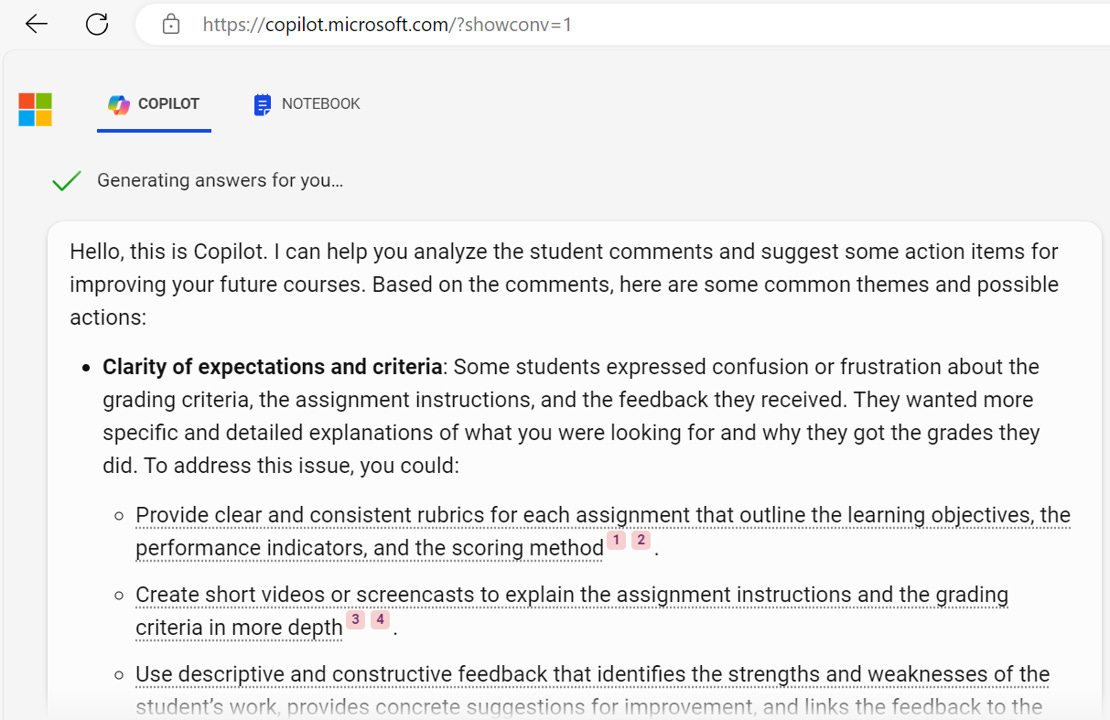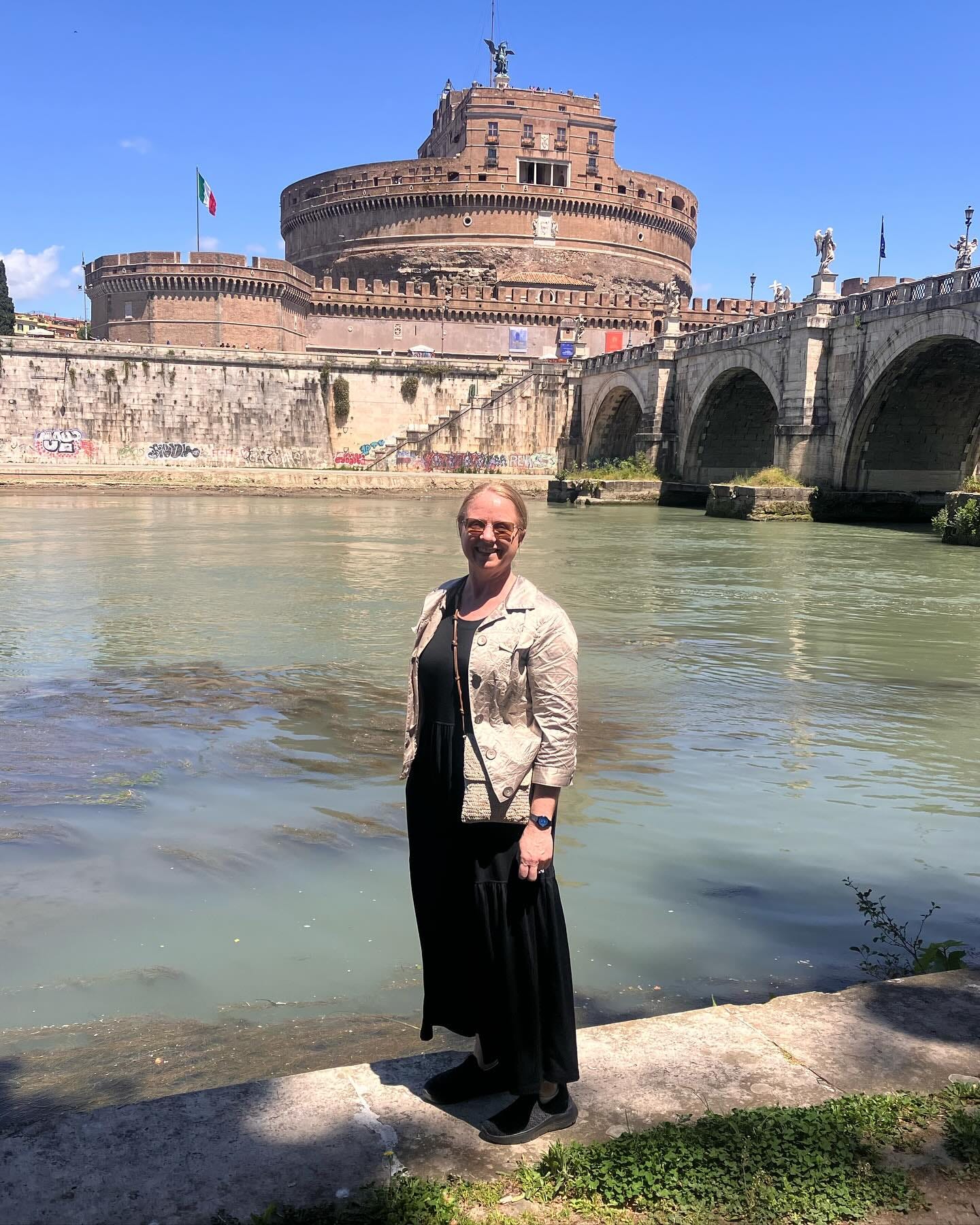How AI Paid for My Trip to Italy
Using generative AI tools to enhance my faculty promotion application
Key Takeaways
Generative AI for Career Advancement: The author used AI tools to enhance their promotion application, making the process more efficient and effective.
Navigating Ethical Concerns: Despite ethical concerns, the author transparently incorporated AI, demonstrating its potential to improve productivity.
Diverse AI Applications: AI was used for tasks like image generation, CV review, narrative writing, and analyzing course evaluations, showcasing its versatility.
Successful Promotion and Impact: The AI-enhanced application led to the author's promotion and a trip to Italy, and sparked the creation of a campus-wide AI committee.
Personal and Professional Growth: The Italy trip symbolized both personal reward and professional reflection, emphasizing the transformative power of new technologies. (Open AI, 2024).
I recognize that at times this blog feels more like a travel brag than a technology use showcase, and I’m not sorry. I love to travel! The point of intersection between generative AI and travel is, of course, climate change (my personal biggest ethical concern). As I said in my Open Ed 2023 presentation on writing a textbook with generative AI, I’m worried about the impact these tools will have on the environment, and yet I still use them, just like I still travel on airplanes.
I love this sculpture by Bruno Catalano that I saw in Genoa. The sculptor was trying to represent how travel completes us.
Anyway, ethics aside, travel is expensive, and on a community college professor’s salary, I don’t know how I could have afforded a trip to Italy without a one-time bonus my college provides for successful promotion applications. I studied abroad in Rome 30 years ago and was eager to return to the place that essentially shaped my career. In Rome, I fell in love with the Classics. In Rome, I made my plans for graduate school and beyond, plans that meandered and had to be recharted (or completely reconceived) on more than one occasion, but which still took me to the place I am today, doing work I truly love. You could even say that the experience of going to Rome helped to shape the mindset that has allowed me to embrace change.
Boring (or Charming?) Personal Anecdote about the First Time I Went to Rome
Aside: I was supposed to get married that spring of 1993. As I remember things, I was walking across campus two weeks before the semester ended with a bag full of wedding invitations, already addressed (though not stamped), when one of my Classics professors jogged up to me and asked a fateful question: “What are you doing for spring term?”
“I’m getting married,” I replied.
“No, you’re not,” he said. “Postpone the wedding. A spot just opened up in our Rome Honors Experience program, and you need to take it.”
Of course. I am sure of very few things, but I am quite sure that when life offers you a free spring term in Rome, you take it, no questions asked. (No, I didn’t marry that boy when I got back from Rome, but that’s another story).
Is It “Cheating” to Use AI for a Promotion Application?
Here’s the thing about preparing a promotion application: it’s a really boring task. I already have a CV—why do I need a narrative that essentially adds verbs? Who has time to read through all their course evaluations and pick the best classes? How will I know if my teaching philosophy says what I think it says? I was already teaching my students how to use generative AI for boring writing, and now was my chance to apply these concepts in my professional practice as well.
I knew I was taking a risk. I started working on my application in Fall 2023, when most people still viewed using AI as “cheating” in some way. At my college, many faculty were still waiting and hoping for a plagiarism detector like Turn It In to “catch” cheaters, rather than thinking about creative ways to incorporate these tools into the writing process. Faculty who did use AI, like students, were doing so furtively because they did not want to get “caught.” Now I had the chance to show senior administration how these tools could enhance productivity. And I could cite and acknowledge my use, just like I taught my students. So, to quote Kierkegaard out of context, I took the leap.
How I Used AI in My Promotion Application
I wanted to share five specific use cases with my application readers: image generation, editor, job coach, summary/narrative writing, and trend spotting.
Here’s the first prompt I used to generate an image for my application cover page (note that the chats I linked to often use names that have been changed, such as Bing—now Copilot—or Bard—now Gemini).
“Create a cartoon style black and white drawing of an adorable otter. The otter should be holding a college pennant with the letters "CWI" on it. The otter should look cheerful and happy.” https://sl.bing.net/I5SWA4YeYK
For the first section, my cover letter, I used ChatGPT 3.5 to review the teaching philosophy statement I had already written.
“I am applying for the position of associate professor of English at the community college where I have taught for the past nine years. Can you please review my teaching philosophy statement and help me to revise it to be more concise? Please remove any redundant or overly wordy language.” https://chat.openai.com/c/03a8c5ee-98f5-4a9a-9b4c-cda252a38abe
For my second section, I used Claude as a job coach to review my CV.
“I need someone to review my curriculum vita to make sure I am highlighting my strengths. I am a community college English professor. I'm applying for promotion to associate professor this year. Can you please review the attached CV and make suggestions for improving it?” https://claude.ai/chat/32e58d38-c793-471d-ae3b-e3390d374cf0
For the third section, my summative evaluation, I asked Google Bard (now Gemini) to help me to write up a draft of my narrative using my CV and the rank description of Associate Professor at my college.
“I am a college English instructor. I'm writing a narrative summary of my activities highlighting key aspects of my work for a promotion application. I will give you a summary of my activities, along with key terms that I need to highlight. Please help me translate these activities into an engaging narrative that shows my passion for student-centered learning and pedagogy.” Google Bard Chat, https://g.co/bard/share/bbcb3fd1a259
Important note: if you use AI like this (or encourage students to use this specific application) be mindful of privacy concerns. Do not share any personally identifiable information with tools that are training on your data. You should check the terms of service for each tool you use.
For the fourth section, I asked Bing (now Copilot) to read the comments on my course evaluations and provide me with some action items to improve my courses. This exercise also helped me to decide which courses to include in my promotion application (we only have to provide evals for two of the five courses we teach each term).
“I am analyzing the student comments from my end of course evaluations. Please review the comments below and identify three key action items I can take in my future courses to improve the student experience.” https://sl.bing.net/tjBqzfkrbE
Finally, in the fifth section, I asked Perplexity to help me locate research that would support my pedagogy and professional development around generative AI.
“I want to learn more about the role of generative artificial intelligence in teaching writing. Can you locate a few articles that could help me?” https://www.perplexity.ai/search/I-want-to-RibyCNsgQuunF7EHizZl2g?s=c#4626f208-db20-42eb-a717-b1078b3665da
Note: I personally still prefer to use Google Scholar to start my literature reviews. It’s very fast for me, and I enjoy choosing the articles myself. When decided whether to use generative AI for a specific task, the deciding factor is often how much I enjoy the task. The Leon Furze recommendation is FIRE though. I love everything Leon writes about generative AI, even when I don’t agree with him.
Conclusion
I guess you already know the happy ending: I was promoted to Associate Professor this year, and I got to go to Italy! I spent six days in Rome and six days in Milan with day trips to Lake Garda, Verona, Genoa, and Portofino since I had never really seen Northern Italy except for Lake Como before. I decided that Rome is the city of my youth, but Milan is who I am today. I made the decision to leave my laptop at home for the first time in 15 years, and I only used the ChatGPT app on my phone a few times to suggest activities (it recommended a great street market in Milan).
But more important in terms of my professional work, my advocacy for generative AI use did not go unnoticed, and my college now has a campus-wide AI committee composed of stakeholders from every part of the college (I get to be the faculty member representative as part of my increased college service load). I personally feel that these types of cross-disciplinary committees are essential as we all try to navigate the swiftly changing landscape of higher education in the age of generative AI. We are all asking questions together and learning from each other.
Happy prompting, and I hope you get to take a bucket-list trip this year!












